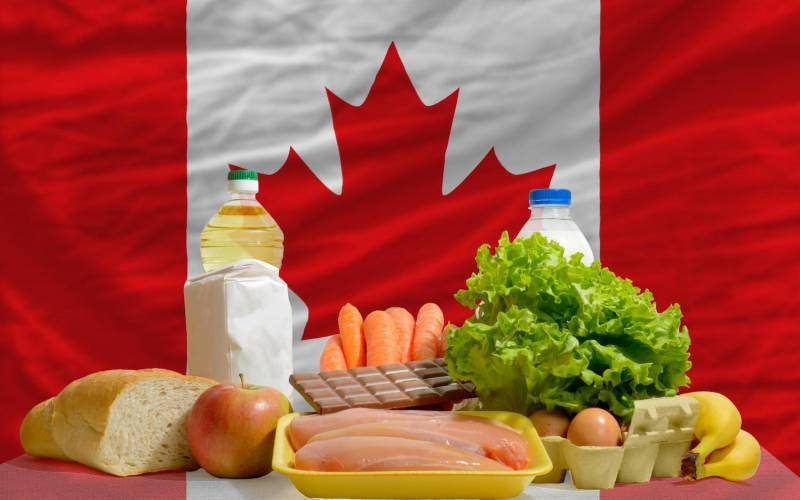Canada launches national school food program, plan to feed 400,000 kids


The federal government is set to introduce a $1 billion national school food program to reach 400,000 children annually.
Prime Minister Justin Trudeau and Finance Minister Chrystia Freeland disclosed this initiative during an event in Toronto on Monday, leading up to the federal budget, which is scheduled for April 16.
“We all desire to provide children with the best possible start in life, particularly those who are most vulnerable,” Trudeau said during an event. When a child expresses hunger before class, it signals that we, as a school community and as a nation, have more work to do.”
The government plans to allocate the $1 billion over five years to implement the program, aligning with the Liberals’ campaign pledge in 2021, according to the CBC.
Program promised for September
Freeland said the government plans to have the program operational for the 2024-2025 school year.
According to the Breakfast Club of Canada, Canada stands alone among G7 nations in lacking a national school food program. Advocates argue that such a program is essential to address the deficiencies of the current patchwork of provincial, local and charitable initiatives, which are strained by limited resources and soaring food prices.
“Canadian families are facing hardships. With inflation driving food prices to unprecedented heights, a national school food program would offer children and youth access to nutritious meals, thereby bolstering their mental health, behaviour and academic performance,” said Debbie Field, co-ordinator of the Coalition for Healthy School Food, in a statement on Feb. 27.
Some industry companies have commended the government for the program, including Maple Leaf Foods and the Maple Leaf Centre for Food Security.
“Maple Leaf Foods and the Maple Leaf Centre for Food Security are thrilled and thankful that the federal government has acted on their commitment to create a National School Food Program,” says Sarah Stern, executive director of the Maple Leaf Centre for Food Security.
“Food insecurity is at crisis levels in Canada, with one in four children living in a food insecure home. Food security is fundamental to health and dignity, as well as academic, social and economic potential. Historically, Canada has been the only G7 country without a national school food program. This leadership and action on the part of the federal government addresses this failing and further strengthens our societal net, so that more children in Canada will have the potential to learn and succeed.”
Although not part of the provisions outlined in the Liberal-NDP supply-and-confidence arrangement, which has seen the New Democrats supporting the government in pivotal votes for two years, the NDP has recently advocated establishing such a program.
NDP Leader Jagmeet Singh pledged to “exert pressure on the government” to fund school lunches nationwide.
“Parents are doing everything they can to support their children, but the escalating cost of food remains a challenge,” said NDP Leader Jagmeet Singh in a statement last month. “In a nation as affluent as ours, no child should attend school on an empty stomach.”
Trudeau said on Monday that the government would collaborate with provinces, territories and Indigenous partners to implement the program, including enhancements to existing policies.
Source: grocerybusiness.ca

